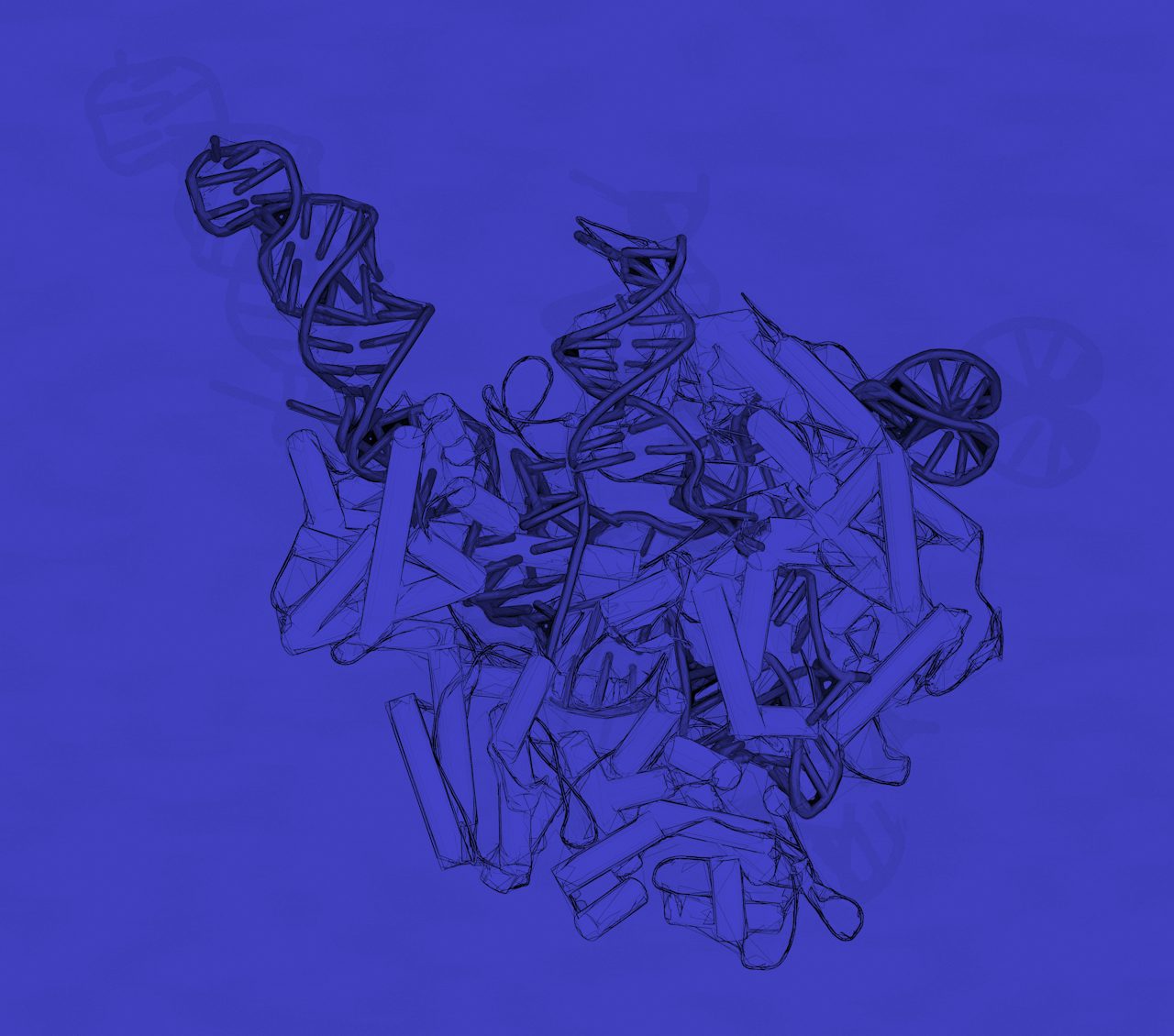John Sotos, the Chief Medical Officer at Intel, has a wild, scary thought experiment: What if, by investing in hacking the human genome for good, we’ve opened it up to be hacked for evil?
Sotos gave a talk this weekend at the DEF CON hacker convention in Las Vegas titled, in full, “Genetic Diseases to Guide Digital Hacks of the Human Genome: How the Cancer Moonshot Program will Enable Almost Anyone to Crash the Operating System that Runs You or to End Civilization.”
Sotos, whose employer allowed him to give the talk but not to do interviews about it, believes that it may one day be possible to create terrifying bioweapons using genetics. He hypothesized several attacks that could be devastating if the capability to execute them fell into the hands of adversaries, especially ideological ones. They ranged from targeted pandemics, meaning viruses that only affect people with a certain gene, to altering sexual preferences.
These attacks could become possible thanks to the Human Genome Project, a government-funded effort to map all the genes in human DNA, and the Cancer Moonshot, another government program that is investing in precision medicine as well as emerging DNA and RNA technologies.
Sotos is assuming that the Cancer Moonshot, a $1.6 billion program authorized in 2016, will succeed in its goals. The ideal cancer treatment would go something like this: biopsy a tumor, tabulate its genetic signature, create a virus that kills cells with that signature, inject it into the patient’s body. A few days later, the patient is cancer-free.
Imagine such precise gene editing technology is possible, and then imagine that it’s also possible to use a computer program to simulate and tinker with everything that’s going on in the genome — another emerging technology called digital biology. Eventually, Sotos believes, it will be possible to digitally reprogram the human genome in a living human.
The problems that arise from these advancements now start to resemble those in the existing information security industry, except that the genome has no protection and the locations of its weaknesses are publicly documented. “The human genome is full of potential exploits,” Sotos said, using the infosec term for a vulnerability that a hacker can leverage to take over a system. The genome is basically an open-source operating system, he said, full of security vulnerabilities.
Hackers in this thought experiment could induce deafness, blindness, baldness, weight gain, strong fishy body odor, or intractable diarrhea.
In theory, hackers who were militant vegans could induce meat intolerance in others, while hackers who oppose drinking could force alcohol intolerance. Hackers who were interested in, say, controlling women, could induce chastity by creating a hyper-susceptibility to STDs, or extreme sun sensitivity that would force women to wear veils. Hackers could also supercharge pharmaceutical sales by spreading the genes for treatable illness, a way to make money on the stock market (or perhaps, in this dystopian future, the pharma companies will be morally bankrupt enough to do it themselves). Based on what we already know about which genes are located where and cause what, hackers in this thought experiment could induce deafness, blindness, night blindness, strong fishy body odor, total baldness, intractable diarrhea, massive weight gain, shouting involuntary obscenities, physical fragility, or a susceptibility to death from excitement. “There are things worse than death,” he said.
The talk was riveting, but Sotos started getting pushback immediately from scientists who said it amounted to baseless fear-mongering.
Former U.S. Chief Data Scientist DJ Patil tweeted that the scenarios Sotos posited were a real risk. “Creating noise & sounding alarms this way isn't helpful to saving lives,” he tweeted. “The risk is really small. It's really hard to mass produce these. The real risk we should be focusing on is drug resistant TB and pandemics.”
Talks at DEF CON often tend to exaggerate a threat to get attention on a topic. There is widespread agreement that genetic information must be protected, but there isn’t much in the way of legislation or market forces that would make that happen. Thought experiments play a role in prompting government to take defensive action, Sotos said.
The Cobra Event, a novel Sotos cited in his talk about a highly contagious “brain-pox” cooked up by a genetics wizard named Archimedes, reportedly influenced Bill Clinton to start stockpiling antibiotics and training public health authorities to deal with a chemical or biological weapons attack. It would probably be better if we could get forward-looking public policy without having to scare it into politicians, but unfortunately the human brain is hardwired to be reactive — at least until we hack it to be otherwise.

